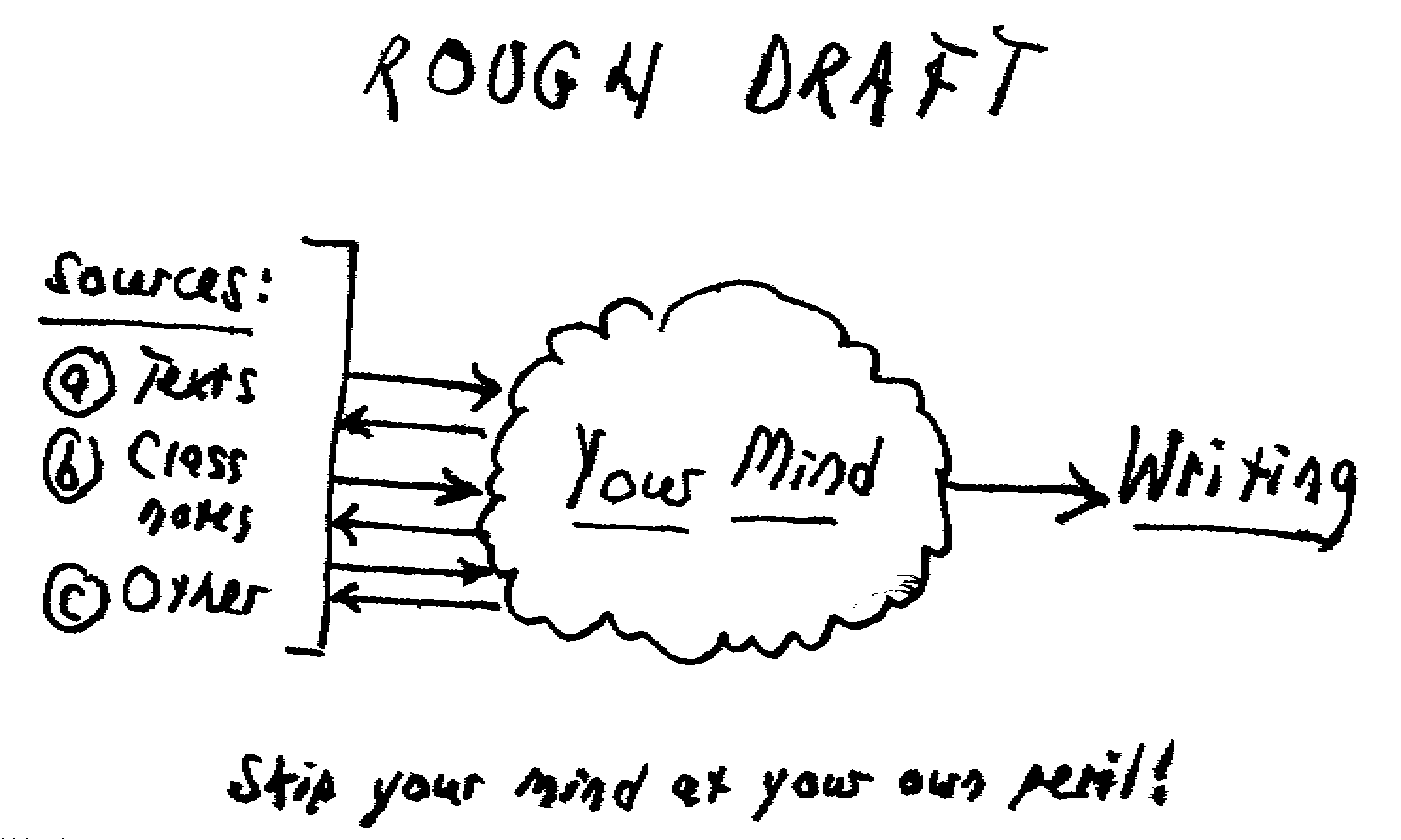Here is my (very rough) working (initial) research design. None of the elements are clear or tight enough yet; this is primarily shared here for proof of concept. I expect this to be refined and cleaned up / developed after initial feedback and my ongoing processing this week. Any feedback is appreciated.
Title (Working)
Public Transformations: Adult Learners Who Use Social Media to Express and Understand Their Experiences
Abstract
TBD
Introduction
With the rise of social media, more of what used to be learned, thought, and experienced in private is now engaged in publicly. As blogging and microblogging, to name only 2 of the countless forms of social media and social networking, increase, educators need to better understand how these are being used by learners, especially in regard to the more challenging content areas and concepts within the various social sciences.
Research Problem
- There is a lot of research around threshold concepts and troublesome knowledge, as well as Transformative Learning. While much of this exists within adult education and higher education, we do not know much about how this has been affected by the increase in social media, primarily within blogging and microblogging. With adult learners increasingly sharing their experiences and stories around their learning in a public space, educators need to know more about how threshold concepts or disorienting dilemmas lead to significant perspective or paradigmatic change.
Purpose
- The purpose of this research is to understand how these troubling experiences are understood and processed in a public space, where identity development takes place in a more transparent manner than learning has done before. Furthermore, the more that is know about this area, the better instructors can encourage and promote significant, personal learning within their students.
Literature Review
Litertatures to be reviewed include threshold concepts and troublesome knowledge (especially Meyer and Land), transformative learning (especially Mezirow, Brookfield, and Cranton), and how these may relate to blogging or social media.
Research Design
Philosophical Worldview
Theoretical Lens
- Threshold concepts and transformative learning
Research Questions
- Describe an experience you had while engaging in your academic studies where you experienced a transformed way of understanding, interpreting, or viewing something.
- How did you express or share this using social media?
- Describe your experience and what you learned during this process.
Strategy of Inquiry
- The strategy of inquiry will be phenomenography
Research Method
- 2-3 participants will be identified by posting this research design on my own blog, requesting my own network if they can spread the request for interviewees, and distributed to various email qualitative distribution lists. Phone interviews will be used and recorded.
Data Collection
Data will be collected via recorded phone interviews
Analysis and Interpretation
The interviews will be transcribed and coded to develop and categorize the experiences of the participants
Reliability, Validity, and Generalizability
Findings
Next steps
Conclusion / Learnings
 I have been increasingly anxious about the due date, how long the paper is taking, and how a lot of loose ends will simply not get resolved by tomorrow. Nevertheless, I started telling myself over and over that this is a draft, and I will get feedback from two of my peers, after which I will revise for the faculty review and assessment (as well as for a conference abstract I am thinking about). So, while I must submit this by tomorrow, I will still be working on it over the next few weeks (with the FINAL version due on March 8).
I have been increasingly anxious about the due date, how long the paper is taking, and how a lot of loose ends will simply not get resolved by tomorrow. Nevertheless, I started telling myself over and over that this is a draft, and I will get feedback from two of my peers, after which I will revise for the faculty review and assessment (as well as for a conference abstract I am thinking about). So, while I must submit this by tomorrow, I will still be working on it over the next few weeks (with the FINAL version due on March 8).